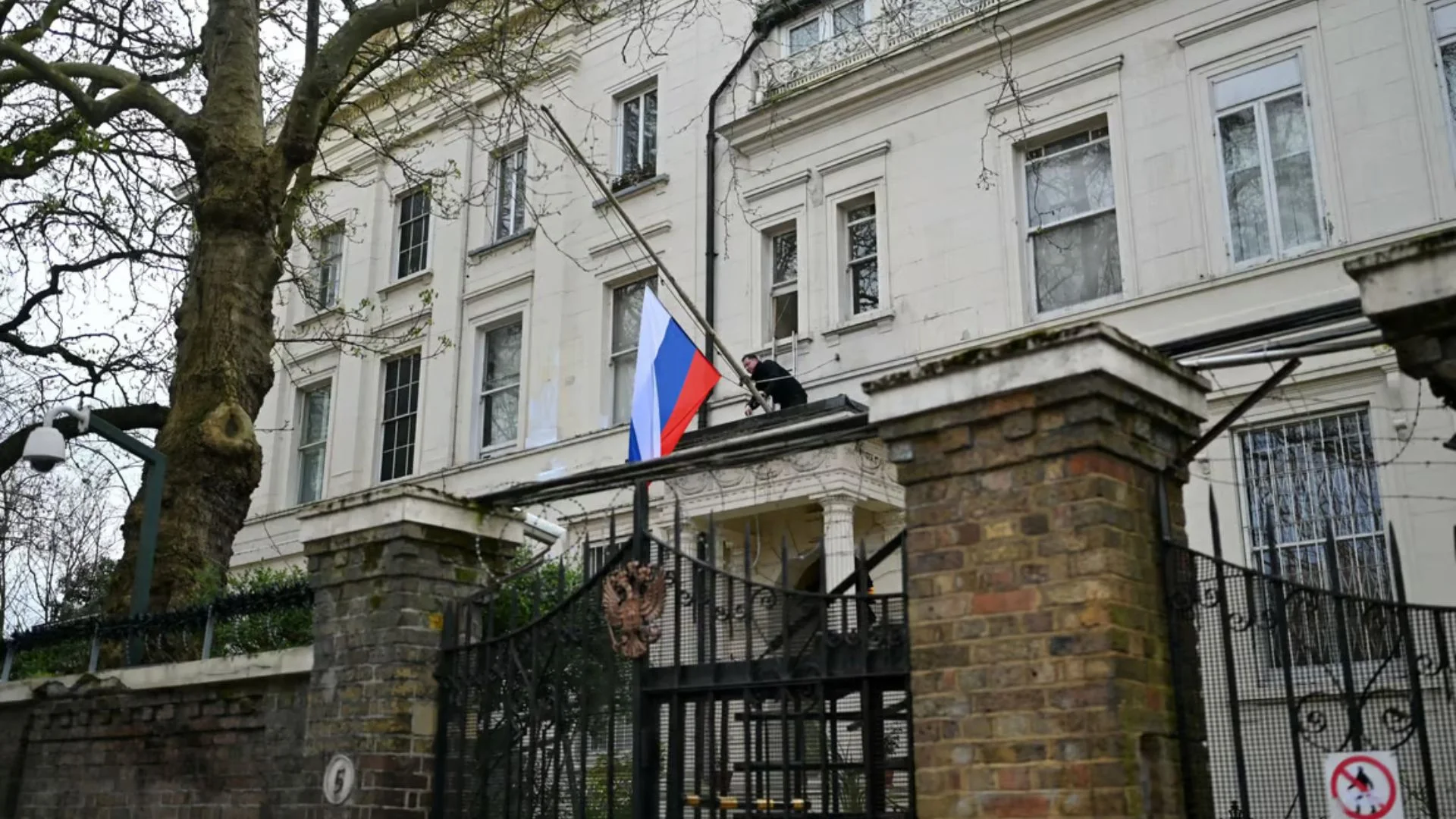Water samples taken from 29 borewells in the vicinity of an ethanol plant have been declared unfit for consumption, according to a report from the Central Pollution Control Board (CPCB).
Not only did the water carry an unpleasant odour, but it also contained total dissolved solids (TDS), boron, and sulphates in concentrations exceeding safe levels.
The report, which was submitted to the National Green Tribunal, further revealed that water samples from two borewells within the plant contained significant amounts of heavy metals such as arsenic, chromium, iron, manganese, nickel, and lead.
Earlier in the year, following protests by local villagers, Punjab Chief Minister Bhagwant Mann ordered the plant’s immediate shutdown. An inspection team discovered that the plant had installed 10 borewells and six piezometers on the premises without proper permissions from the Central Ground Water Board (CGWB) or the Punjab Water Regulation and Development Authority (PWRDA). Two of these borewells were positioned just a few metres apart, in clear violation of guidelines.While the water samples taken from the piezometers and three of the borewells on the plant grounds showed no heavy metal contamination, two borewells at the same site were found to be heavily contaminated with heavy metals, Chemical Oxygen Demand (COD), and colour. This indicates the injection of contaminated wastewater via reverse boring or pumping into a specific zone tapped by these two borewells.
The CPCB has recommended an investigation to identify the contaminated area and initiate corrective action. It has instructed the Punjab Pollution Control Board (PPCB) to consider the alleged violations and take the necessary steps to decontaminate the affected sites. Additionally, the CPCB has suggested that the PPCB engage a professional agency to conduct a detailed environmental site assessment. This agency should specialise in the evaluation and remediation of contaminated groundwater and soil.
Finally, the CPCB has urged the PPCB to require the plant administration to submit a comprehensive project report for the remediation of groundwater in contaminated areas. It has also proposed that the PPCB impose environmental compensation (EC) or initiate legal proceedings for causing harm to the surrounding environment and contaminating the groundwater.





















